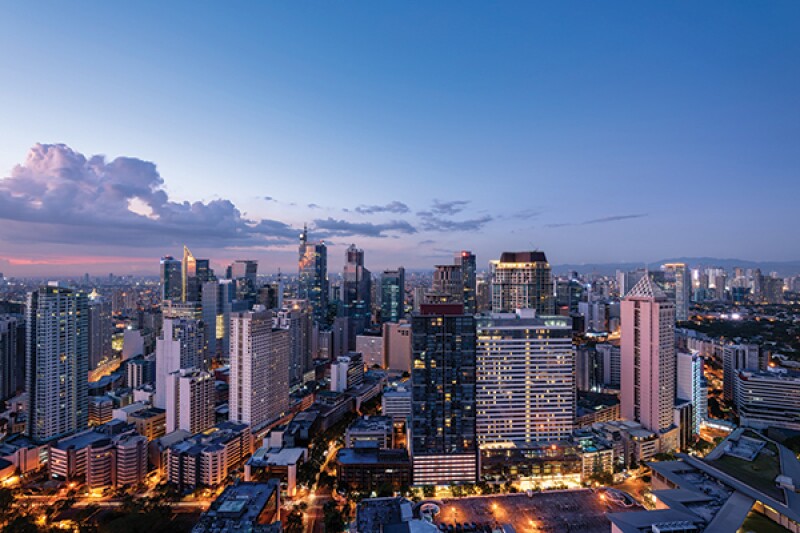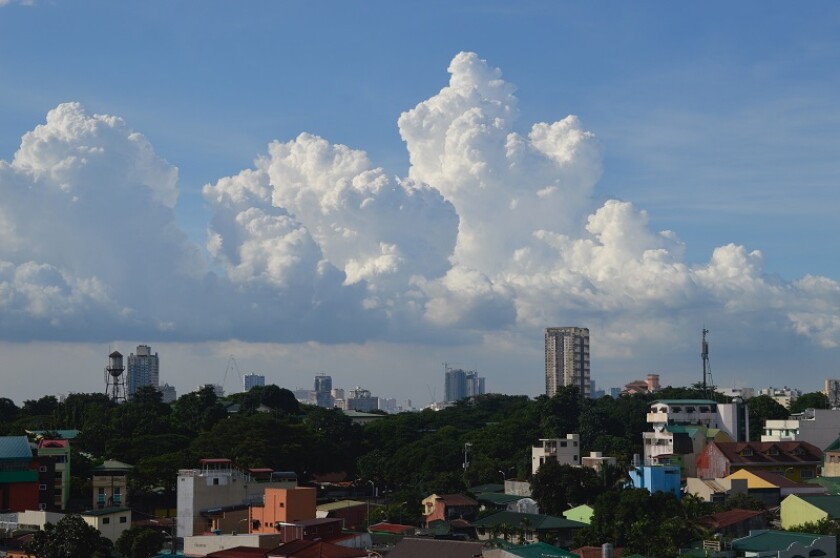Foreign direct investment in the Philippines has the potential to grow exponentially if a number of regulatory hurdles are lifted

The Philippines has seen a record inflow of foreign direct investment (FDI) into the country, registering a 6.4% GDP growth in the first quarter of this year, the second highest among southeast Asian countries. It recorded $7.93 billion in net FDI last year compared to $5.64 billion the year before, according to March data released by the Bangko Sentral ng Philipinas.
While these figures are encouraging, progress still needs to be made. In particular, a number of foreign ownership-restricted sectors have discouraged some businesses from investing. Counsel involved in cross-border transactions in the country point to strict procurement laws for large infrastructure projects run by the government. They argue that these laws can lead to challenges in terms of quickly and accurately getting a project off the ground.
"The uncertainty of the procurement process can be very difficult and has, we believe, kept a number of investors from making commitments to large projects," said James Grandolfo, partner at Milbank Tweed Hadley & McCloy in Hong Kong.
The Philippine Competition Commission (PCC) publicly announced its support on March 13 for proposals to amend certain provisions in the 80-year- old Public Service Act (PSA), including the lifting of a foreign ownership cap on a number of so-called public service entities. Currently, the Constitution restricts foreign ownership of public utilities, such as telecommunications and transportation, to a maximum of 40%.
|
|
The Philippines recorded $7.93 billion in net FDI last year year before |
|
|
The country has hosted 32 inbound transactions totalling $1.17 billion since January last year, with Japan accounting for $996 million over 11 deals of that total. This figure was slightly lower than the previous year - $1.4 billion over 37 deals.
President Rodrigo Duterte recently announced plans to open several key sectors, including energy and telecommunications, to foreign investors as a means of improving competitiveness in these industries. Lawyers have observed that, before the passage of the Philippine Competition Law in 2015, the government paid little attention to promoting a competitive market and to challenging anti-competitive business practices. This has changed with the passage of the Law and the creation of the PCC. But, as Hector De Leon, managing partner at SyCip Salazar Hernandez & Gatmaitan in Manila points out, the PSA contains a broad definition of the term 'public service'. He points out that this has resulted in most public service activities being performed only by Philippine corporations, with 60% of the capital owned by Filipino citizens.
"We have clients who did not invest in the Philippines because they do not wish to be a minority stockholder in a Philippine company," said De Leon. He expects a significant increase in FDI if and when the Philippines remove the foreign ownership limitation.
The record-high FDI figures seen in recent years relate to solid macroeconomic fundamentals, including a rapidly growing middle- class and a large English-speaking population. So while significant regulatory and commercial challenges continue to face foreign investors, De Leon is confident that an optimal balance can be achieved. He infers from the PCC's recent policy statements that it sees the entry of foreign investment as encouraging competition in the domestic market, evidenced by its open support for the Congress' foreign ownership relaxation initiatives.
The PCC also recently released a policy note on the anti-competitive effects of nationality restrictions in the construction sector. It estimates that lifting these will yield an additional PHP210 billion ($4.2 billion) worth of private construction activities.
The case for FDI is made.

